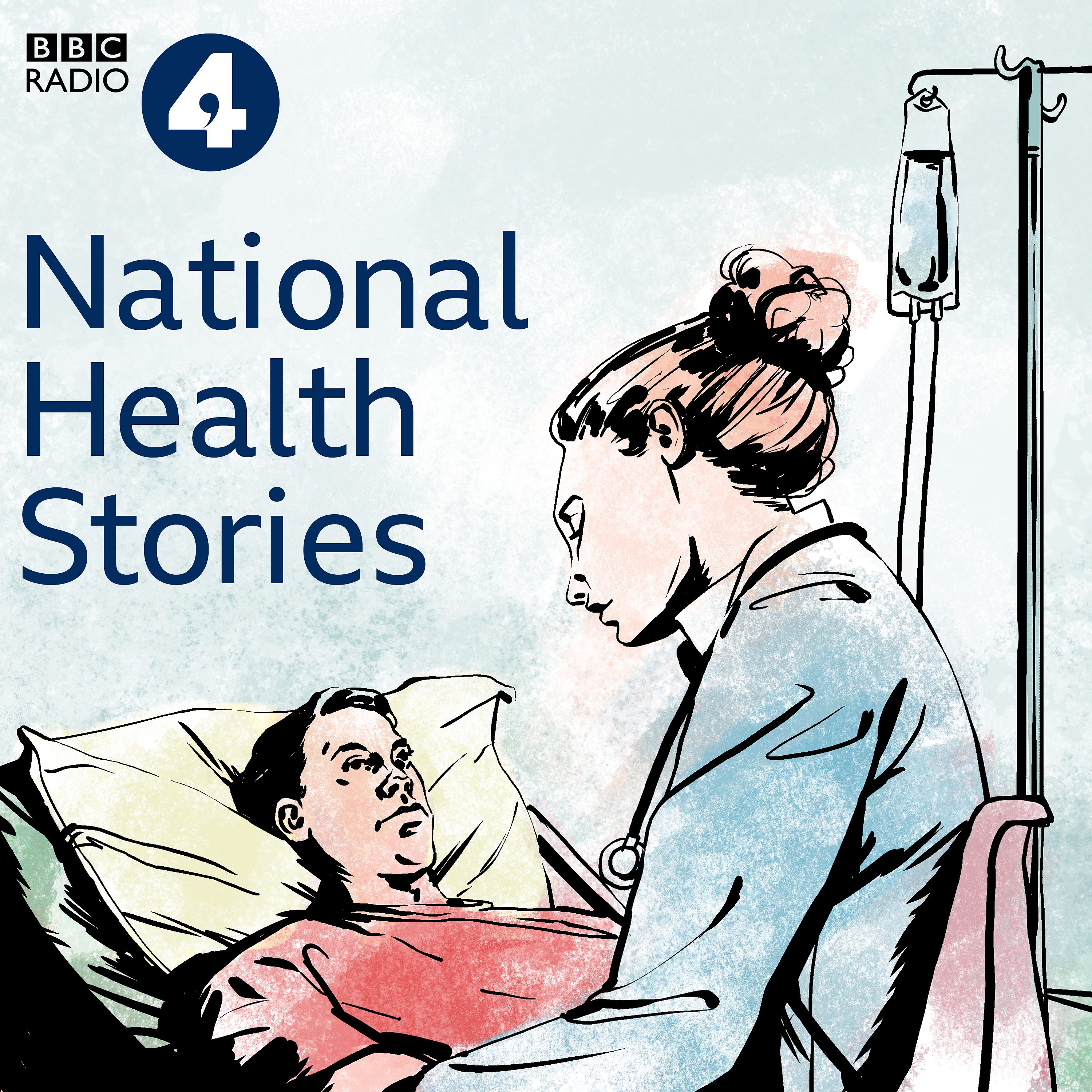Grave
Description
In a series tracing decisive moments in the life of our National Health Service, medical historian Sally Sheard reveals how Cecily Saunders and her modern hospice movement forced the NHS and the public to plan for a 'good death'.
Up until the 1950s, doctors focused on curing illness, not supporting people at the end of life. Cecily Saunders, a former social worker, was so appalled by the lack of medical care available for the dying, that she decided to re-train as a doctor.
While her long-term goal was to get the health service to embrace care for the dying, she began her mission outside. In 1967 the world's first modern hospice, St Christopher's, opened its doors, with funds she'd raised.
Dr Mary Baines, who joined the hospice soon after it opened, recalls how she helped Saunders turn hospice care into a respected medical discipline and bring rigour to the treatment of pain.
Meanwhile, Saunders also ensured that her 'modern hospice' movement was embraced by the NHS, pioneering home care for the dying and introducing 'palliative care' teams into hospitals.
Producer: Beth Eastwood.
More Episodes
Published 07/13/18
Like a much loved elderly relative, the National Health Service has endured more examinations and diagnoses than any other public institution.
When Bevan first launched it, he knew that there would never be enough money to meet the overwhelming need, and successive health ministers have used a...
Published 07/13/18
For many, the typical image of the British nurse includes their earthy sense of humour and resilience. They've been trained to conform to hospital rules and hierarchies, yet always find ways to cope with the pressures of this demanding career. But in recent years, this image has been shadowed by...
Published 07/12/18


